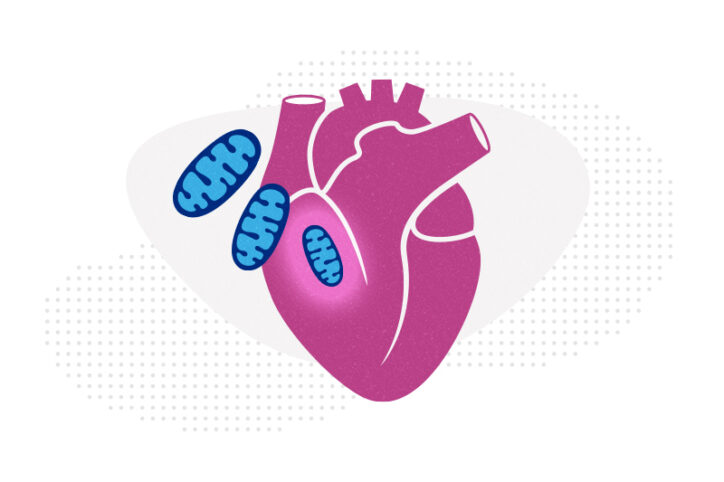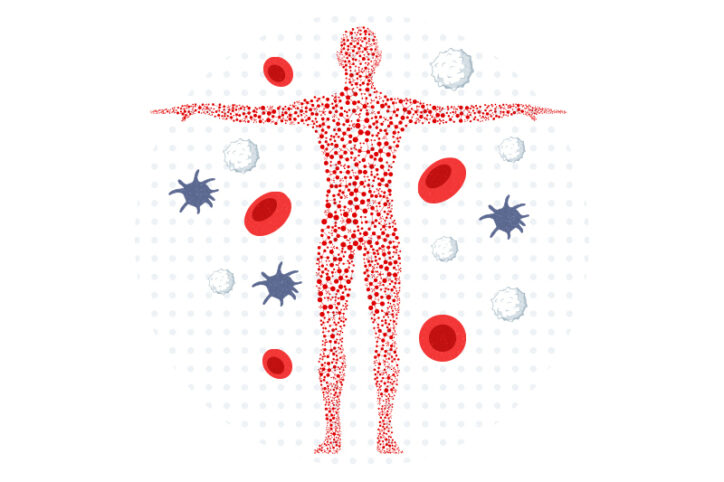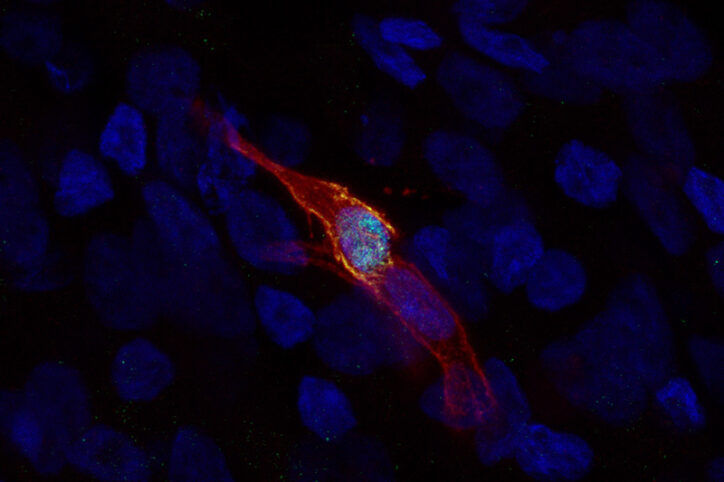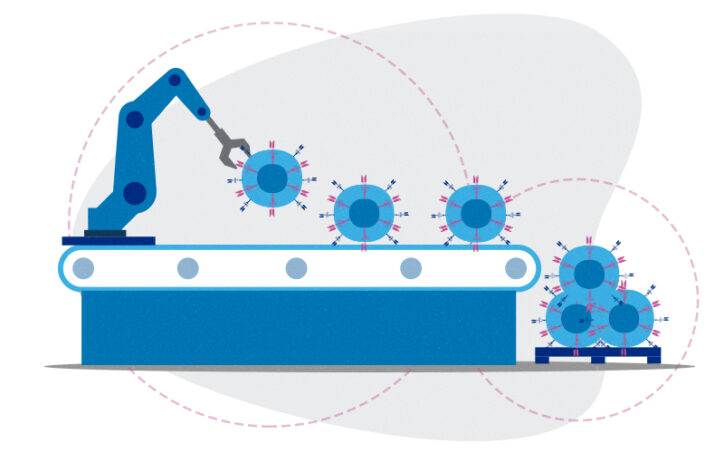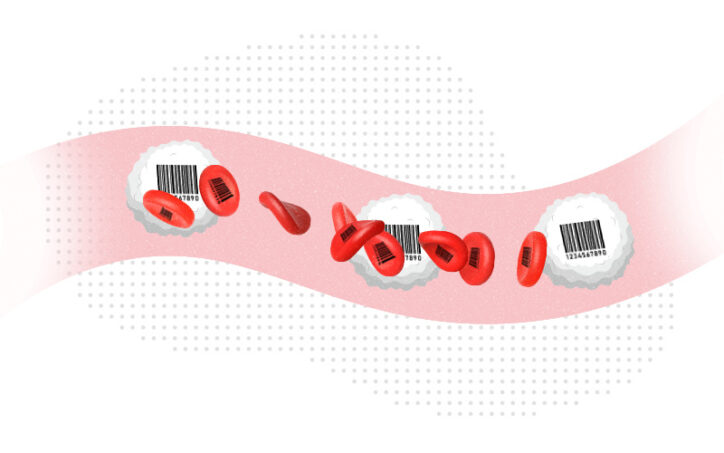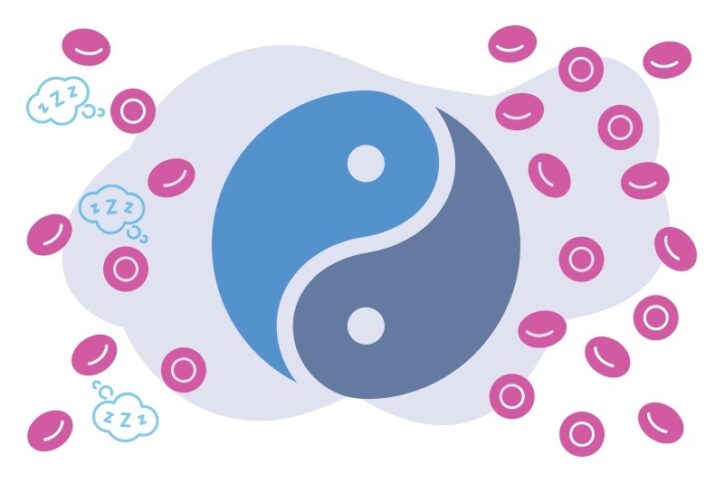Archive for stem cells
Mitochondrial transfer restores heart muscle — but how?
Transferring mitochondria from a patient’s healthy skeletal muscle to damaged, ischemic heart tissue has been shown to restore heart muscle, increase energy production, and improve ventricular function. After pioneering preclinical work by James McCully, PhD, at Boston Children’s Hospital about a decade ago, cardiac surgeons led by Sitaram Emani, MD, have been testing it as ... Read More about Mitochondrial transfer restores heart muscle — but how?
Microvillus inclusion disease: From organoids to new treatments
Microvillus inclusion disease (MVID) is a rare type of congenital enteropathy in infants that causes devastating diarrhea and an inability to absorb food. Infants can lose liters of fluid a day, become severely dehydrated, and stop growing. There is no specific treatment. “Until about 10 years ago, 50 percent of kids with MVID would die ... Read More about Microvillus inclusion disease: From organoids to new treatments
Tagged: gastroenterology, organoids, rare disease, stem cells
Perfecting the craft of modeling disease in stem cells: Dosh Whye
Part of an ongoing series profiling researchers at Boston Children’s Hospital. Dosh Whye has always wanted to make peoples’ lives better, but he never imagined that tending to stem cells in a lab seven days a week would be the way he would do it. Now, as an assistant director of the Human Neuron Core ... Read More about Perfecting the craft of modeling disease in stem cells: Dosh Whye
Tagged: neuroscience, organoids, research rising stars, spina bifida, stem cells
Could we make blood anywhere in the body?
Our bodies make blood in a specialized niche — a “nursery” within our bone marrow that nurtures blood stem cells so they can replicate and make different kinds of blood cells. The lab of Leonard Zon, MD, has even shown how blood stem cells, once they settle in the niche, are “cuddled” by nearby cells. ... Read More about Could we make blood anywhere in the body?
Tagged: blood, blood disorder, hematology, stem cell transplant, stem cells
Conquering a rare metabolic condition: A family, a pediatrician, and two labs join forces
As a newborn, Sam Hoffman never cried or made a sound. His mother, Carolyn, often had to wake him up to feed him. He missed many of his infant milestones. At one visit, his pediatrician tapped his leg and couldn’t get a reflex. A urine test found extremely high levels of 4-hydrobutyric acid or GHB ... Read More about Conquering a rare metabolic condition: A family, a pediatrician, and two labs join forces
Tagged: epilepsy, gene therapy, metabolism, neurology, neuroscience, rare disease, stem cells
Making ionocytes: A step toward cell or gene therapy for cystic fibrosis
Cystic fibrosis transmembrane conductance regulator (CFTR) modulators were a breakthrough for cystic fibrosis, improving the movement of chloride and water and moistening mucus secretions. But these drugs are expensive, don’t work in all patients with cystic fibrosis, and have side effects and interactions with other drugs. People who do respond to CFTR modulators must take ... Read More about Making ionocytes: A step toward cell or gene therapy for cystic fibrosis
Tagged: cell therapy, cystic fibrosis, gene therapy, pulmonology, stem cells
How a leukemia hijacks the genes needed by blood stem cells
As a child, Lynn Aureli didn’t know that a particular genetic change contributed to her acute myeloid leukemia (AML) — an alteration that eventually would help explain the cancer’s lack of response to chemotherapy. Nor was she aware that her cancer had hijacked the genetic mechanism for maintaining the stem cells that form blood, like ... Read More about How a leukemia hijacks the genes needed by blood stem cells
Tagged: cancer, hematology, leukemia, stem cell transplant, stem cells
Making ready-made CAR T cells for cancer immunotherapy
In CAR T-cell immunotherapy, T cells from a patient’s own blood are engineered to carry so-called chimeric antigen receptors (CAR) that enable the T cells to attack and kill tumor cells. While CAR-T therapy is a powerful approach for certain leukemias and lymphomas, it’s not available for many patients who need it. It can be ... Read More about Making ready-made CAR T cells for cancer immunotherapy
Tagged: cancer, car t-cell therapy, immunotherapy, leukemia, lymphoma, stem cells
New work transforms our knowledge of how blood is formed
The origins of our blood may not be quite what we thought. In groundbreaking research, scientists in the Stem Cell Program at Boston Children’s Hospital used cellular “barcoding” techniques in mice to track the development of blood in real time — and found that blood cells originate not from one type of mother cell, but ... Read More about New work transforms our knowledge of how blood is formed
Tagged: blood, blood disorder, cancer, hematology, stem cell transplant, stem cells
Exploiting a vulnerability in an aggressive leukemia
Survival has improved greatly in children with acute lymphocytic leukemia (ALL). But a certain form of ALL that occurs mostly in babies is still very lethal, with a survival rate below 50 percent: B-cell acute lymphoblastic leukemia with rearrangements of the mixed lineage leukemia gene, or MLL B-ALL. “Something about the biology of this type ... Read More about Exploiting a vulnerability in an aggressive leukemia
Tagged: acute lymphoblastic leukemia, cancer, leukemia, oncology, stem cells


